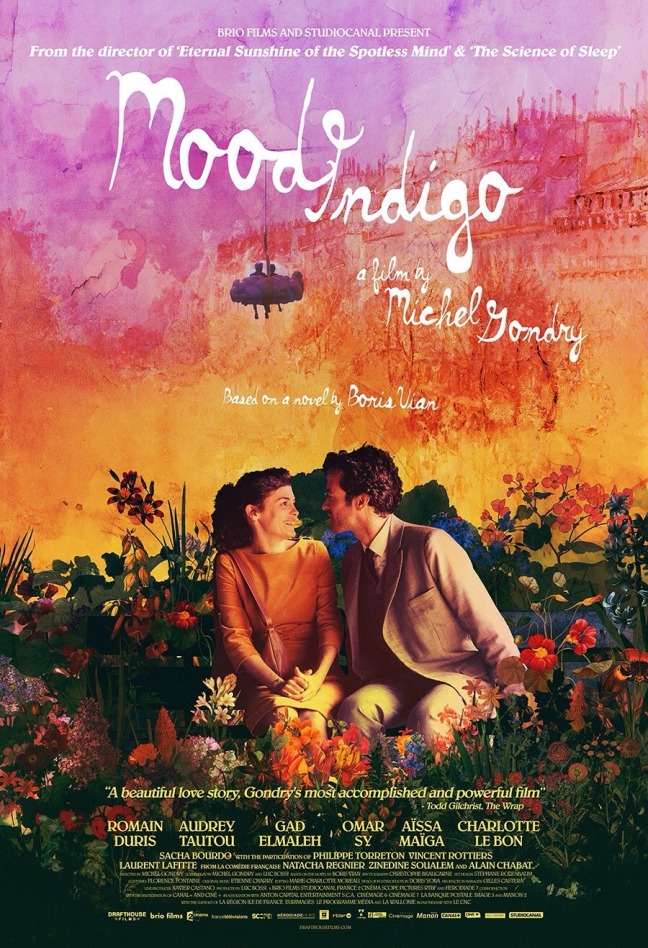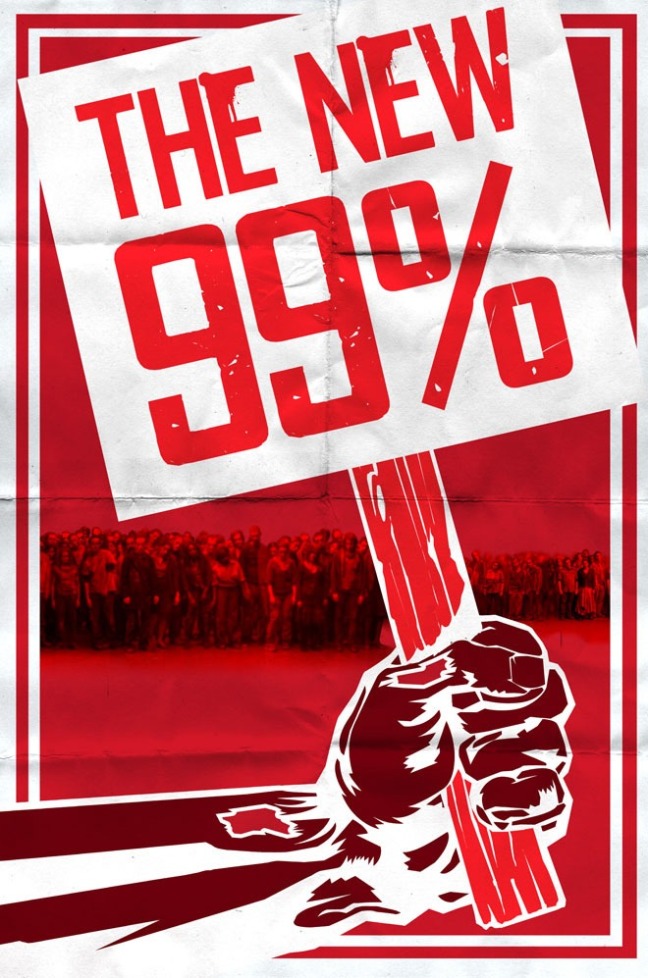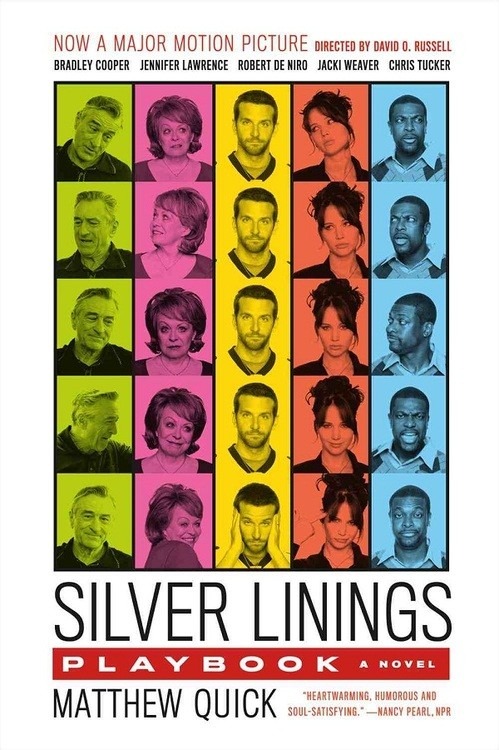
I find it amusing that many movies that try to navigate the premise “can men and women be ‘just’ friends” as if it were incredibly novel. It’s a genre that you’ll find on an Olive Garden menu: incredibly generic and predictable. “What If?” (released as The F Word in Canada) may not be so bland as to be at Olive Garden, but it still doesn’t break any boundaries for the genre.
The romantic leads this time are Wallace (Daniel Radcliffe, Harry Potter, Kill Your Darlings) and Chantry (Zoe Kazan, Ruby Sparks, In Your Eyes). The two meet by chance at a party and hit it off immediately through their shared offbeat senses of humor but, despite their undeniable connection, things hit a snag when Chantry reveals that she has a boyfriend so their relationship must stay platonic. You can see where it goes from here.
There are no surprises or any sense of creativity in the writing of plot. As soon as one situation is presented, it is predictably laid out in front of you. You have some laughs here, some sexual tension there, and everything is wrapped up nicely with a bow to close it out. Although there are some profound nuggets here and there, it’s so overrun with cliches that the deeper points can easily go unnoticed.
The main draw of the film would be the charismatic performances of the players that breathe life into such a tired plot. Adam Driver (TV’s Girls, Frances Ha) is certainly going on the up and up with such a recent solid and busy filmography. His zany performance perfectly lands every punchline and plays scene stealer for the film.
However, the film’s soul lies with it’s leads of Radcliffe and Kazan. Radcliffe easily sheds any whiff of his wizarding days and can easily keep up with Kazan’s usual heartfelt performance. The two have a palpable chemistry that allow the film to carry enough emotional heft to keep us invested to their budding and trying relationship.
But ultimately the movie is less “What If” and more “When.” If you aren’t down to digest another “will they won’t they, but actually they will eventually” scenario, this is not the movie for you. But if the genre tickles your fancy, you surely won’t be disappointed and Radcliffe and Kazan will be sure to give you some feelz for the rest of your night.







